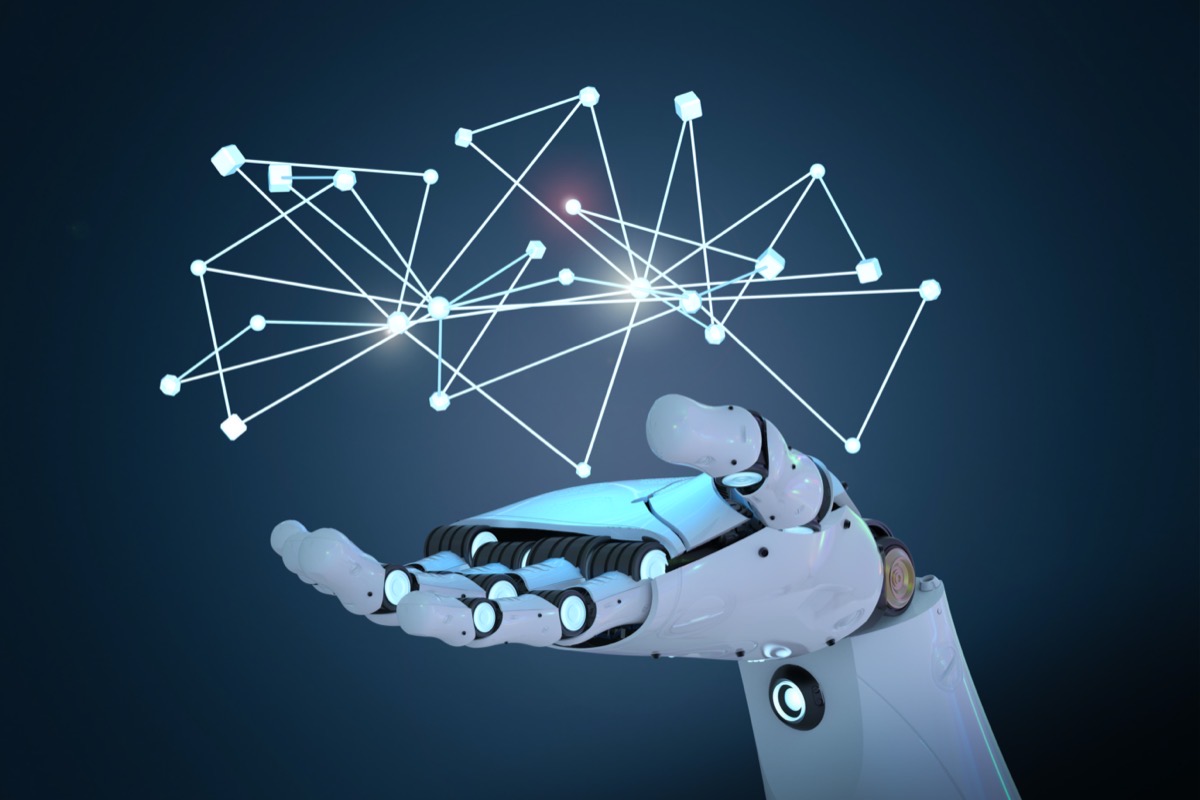AI is revolutionizing mobile applications by detecting and blocking cyberattacks in real time. Find out how to protect your data effectively.

Artificial intelligence at the heart of mobile application protection
At a time when we are using mobile applications for everything - payments, social networks, health - the DATA SECURITY has become a crucial issue. Every day, millions of attacks target these applications, threatening user confidentiality.
But how to guarantee the security of mobile applications? L'artificial intelligence (AI) provides innovative solutions capable of detect and block threats in real time. DualMediaan expert in mobile application development for over 20 years in Paris, explains how AI is transforming data protection.
Find out in this article new advances in AIthe main threats and how companies are strengthening cybersecurity thanks to these technologies.
Why mobile application security is a priority
Smartphones have become digital safesstoring sensitive personal information:
- Bank details
- Passwords
- Location data
- Professional documents
However, the cybercrime attacks are on the increase, exploiting loopholes in mobile applications to steal this data. Faced with these threats, AI plays a key role by strengthening cybersecurity and neutralizing risks before they cause damage.
The most common threats to mobile applications
What are the main risks to your data?
Mobile applications are exposed to many types of attack that can compromise your information.
| Threat | Description |
|---|---|
| Malware | Malware that infiltrates an application to collect or destroy data. |
| Phishing | Deception that encourages users to divulge their personal information. |
| Man-in-the-Middle (MitM) | Interception of communications to steal or modify exchanged data. |
These cyber attacks can result in financial lossesa identity theft and even a bank account hacking. Thankfully, AI helps prevent these threats proactively.
How AI boosts mobile security
L'IA revolutionizes cybersecurity by enabling real-time monitoring and in-depth analysis of suspicious behavior.
Anomaly detection thanks to AI
AI analyzes huge amounts of data to identify unusual behavior. For example :
Connection from an unusual country ? The application can request a double authentication.
Repeated connection attempts ? Access can be temporarily blocked.
Thanks to these technologies, AI can anticipate and block hacking attempts before they succeed.
Predicting and preventing cyber attacks
Visit machine learning enables mobile applications tolearn from past cyberattacks and predict future threats.
Example a banking application can identify suspicious transactions and alert the user before a theft is committed.
Real-time response to threats
Unlike traditional systems, AI makes it possible to immediate reaction in the face of threats.
✅ Automatic blocking of suspicious files
✅ Quarantine potential viruses
✅ Instant user notification
With these mechanisms, mobile applications are more secure than ever.
Real-life examples of AI in mobile cybersecurity
L'IA is already being used by some of the world's largest companies to secure their mobile applications.
Banking applications real-time transaction analysis to block fraud.
Health applications Reinforced monitoring of access to medical records.
Social networking detection and prevention of account hacking attempts.
These technologies make it possible to offer users a more secure experience while guaranteeing the protection of their personal data.
The ethical and legal challenges of AI cybersecurity
L'IA must comply with strict standards to guarantee effective, ethical protection.
Respect for privacy and the RGPD
The European Union imposes strict regulations on the collection and use of personal data.
RGPD (General Data Protection Regulation) obligation for companies to guarantee the security of user data.
Companies must therefore ensure that their AI solutions do not violate user confidentiality.
Transparency and accountability
L'IA must be used responsibly. It is essential that :
✔️ Explain how their AI systems work
✔️ Guarantee human oversight of AI decisions
✔️ Give users control over their data
DualMedia: expert in mobile development and cybersecurity
From 2000, DualMedia supports companies in the creation of secure mobile applications. Thanks to our expertise in mobile, web and SEO developmentwe integrate solutions Advanced AI to guarantee optimum data protection.
Whether you're a startup or a large company, we help you secure your applications with state-of-the-art technologies.
AI is the future of mobile cybersecurity: are you ready?
L'artificial intelligence is now indispensable to ensure the security of mobile applications. It enables :
Proactive detection of cyber attacks
Advanced user data protection
Immediate response to threats
Companies that adopt these innovative solutions are taking the lead in data protection.
You wish to develop a secure mobile application ? Contact DualMediayour expert in cybersecurity and mobile development in Paris, to benefit from the best AI solutions.
Protect your data today with DualMedia!
